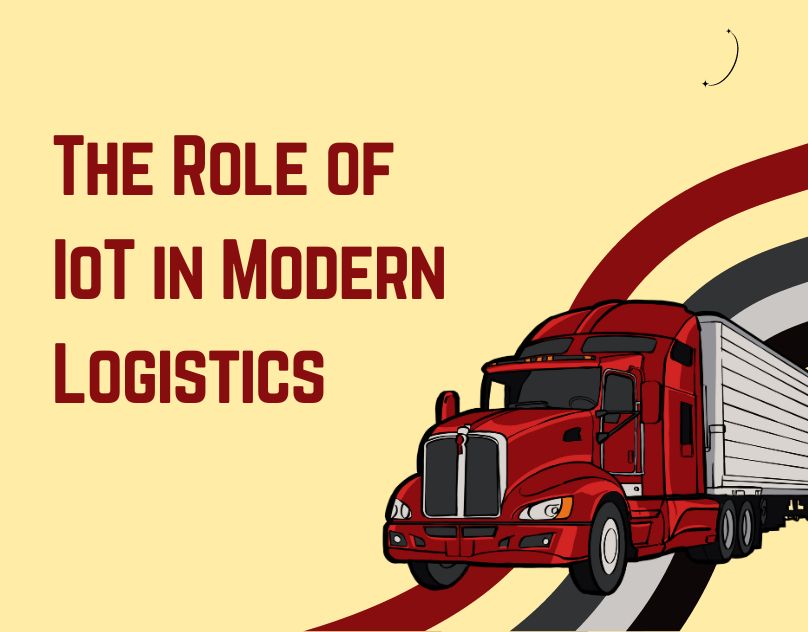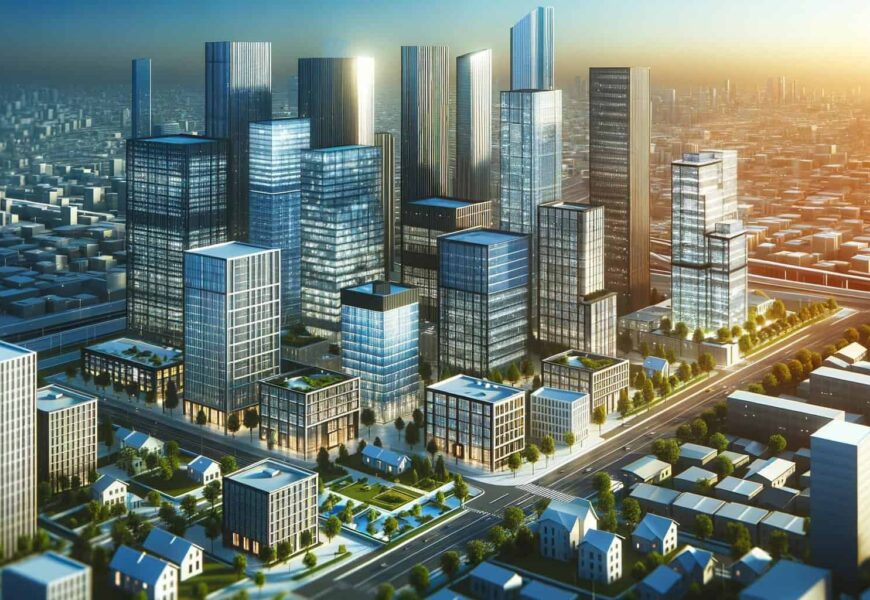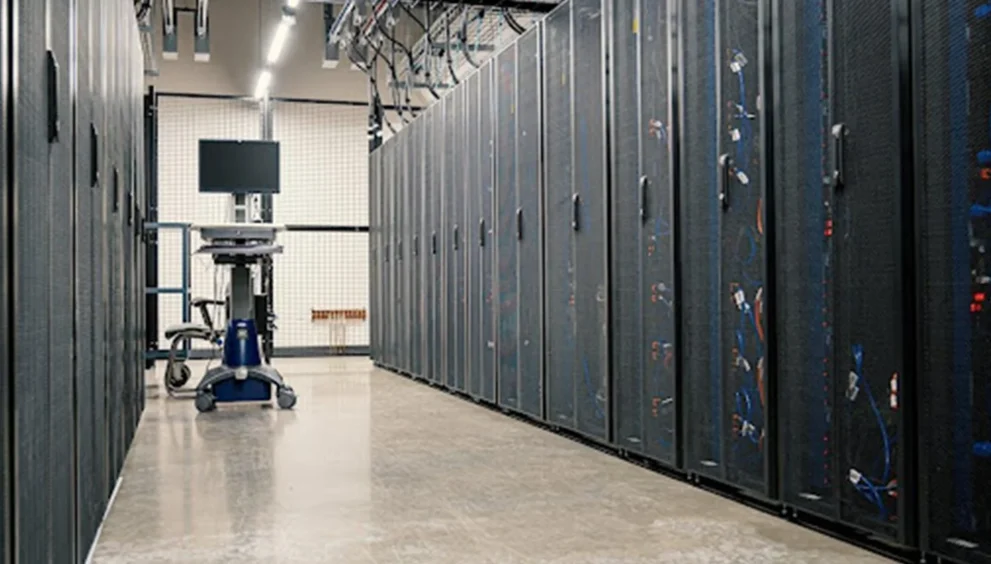Data Center Infrastructure Planning and Pre-Designing
A data center pre-design is a comprehensive evaluation of an organization’s future data center requirements. The pre-design phase is the first step in developing a long-range plan for the data center and usually precedes the decision to build or lease a new facility.
The objectives of a data center pre-design are to:
1. Assess the current and future business needs of the organization.
2. Develop a plan for meeting those needs in an efficient and cost-effective manner.
3. Identify potential problems or risks that could impact the success of the project.
4. Generate buy-in from key stakeholders for the proposed plan.
A typical data center pre-design project will involve interviews with executive management, information technology staff, and other key personnel; review of existing documentation; and on-site visits to existing facilities (if applicable). The output of the pre-design phase is typically a high-level roadmap that outlines the recommended approach for meeting the organization’s future data center needs.
Datacenter Relocation, coordination, and implementation
Data center relocation can be a daunting task, but with the right planning and coordination, it can be a successful endeavor. Here are some tips to ensure a successful data center relocation:
1. Define the scope of the project. What needs to be relocated? How will it be relocated? Who is responsible for each aspect of the move?
2. Develop a comprehensive plan. The plan should include timelines, budgets, and responsibilities. It should also account for any potential disruptions during the move.
3. Choose a reputable mover. Be sure to select a mover with experience in relocating data centers. Ask for references and check them out thoroughly.
4. Make sure your new data center is ready before you move anything in. This includes ensuring that power, cooling, and security are all up to par.
5. Coordinate with all stakeholders throughout the process. This includes IT staff, facilities staff, vendors, and any other parties involved in the relocation project
Data center energy efficiency assessment
As data centers continue to grow in size and complexity, it is becoming increasingly important to assess their energy efficiency. There are a number of ways to measure the energy efficiency of a data center, but one of the most common is through an Energy Utilization Index (EUI).
The EUI is a measure of how much energy is required to operate a data center per unit of floor space. It is typically expressed in kWh/m2/year. A lower EUI indicates a more efficient data center.
There are a number of factors that can affect the EUI of a data center, including the type and age of equipment, the climate conditions, and the operating procedures. To get an accurate assessment of your data center’s energy efficiency, it is important to work with an experienced professional who can take all of these factors into account.
Data center power and cooling system analysis
As data centers continue to grow in size and complexity, it is becoming increasingly important to carefully analyze their power and cooling systems. This analysis can help identify potential problems and improve efficiency.
There are a number of factors to consider when conducting a power and cooling system analysis. The first is the type of equipment being used. Data center equipment can be classified into three categories: servers, storage, and networking. Each type of equipment has different power requirements.
The second factor to consider is the layout of the data center. The layout can have a significant impact on the efficiency of the power and cooling system. For example, a data center with a hot aisle/cold aisle layout will typically be more efficient than one with a traditional front-to-back layout.
The third factor to consider is the climate control system. The climate control system must be able to maintain proper temperature and humidity levels in order to prevent equipment failure.
Finally, it is important to monitor the power consumption of the data center on a regular basis. This information can help identify potential.
Data center facility disaster recovery
Data center facility disaster recovery is a process and set of procedures used to protect data center infrastructure and assets in the event of a natural or man-made disaster. The goal of disaster recovery is to ensure that the data center can be quickly and completely restored to normal operations following a disaster.
Disaster recovery planning for a data center facility must take into account the specific risks and vulnerabilities of the site, as well as the criticality of the data and systems housed there. A comprehensive disaster recovery plan will address all aspects of data center operations, from backup and restore procedures to alternate site location plans.
Data center facilities are complex environments, with many interdependent systems and components. As such, designing an effective disaster recovery plan requires a deep understanding of how the data center operates and functions. IT Data Center Specialists have extensive experience in designing and implementing disaster recovery plans for data centers of all sizes and types. We can help you assess your specific needs and develop a customized plan that will ensure your data center’s continued operation in the event of a disaster.
IT Storage and Data protection
Data Management Services
If you’re like most businesses, you understand the importance of data storage and data protection. After all, your data is what keeps your business running. But with so many options out there, it can be hard to know where to turn.
That’s where IT storage and data protection specialists come in. These experts can help you choose the right storage solution for your business, and they can also provide guidance on how to keep your data safe.
Whether you’re looking for a new storage solution or you need help protecting your existing data, an IT storage and data protection specialist can provide the expertise you need.
Job of IT data center specialists
Working in an IT datacenter can be a very exciting and challenging career. As an IT datacenter specialist, you will be responsible for managing and maintaining the infrastructure that supports the datacenter. This can include tasks such as managing server deployments, storage systems, networking, and security. You will also be responsible for ensuring that the datacenter is able to meet the demands of its users.
One of the most important aspects of working in an IT datacenter is being able to troubleshoot problems that may arise. This can include anything from technical issues with the infrastructure to user errors. You will need to have a strong understanding of the systems in place in order to effectively troubleshoot and resolve problems.
Another important aspect of working in an IT datacenter is being able to effectively manage change. As new technologies are introduced or existing technologies are updated, you will need to be able to manage the change process within the datacenter. This includes coordinating with other teams within the organization, such as application developers, to ensure.
One of the most important aspects of working in an IT datacenter is being able to troubleshoot problems that may arise. This can include anything from technical issues with the infrastructure to user errors. You will need to have a strong understanding of the systems in place in order to effectively troubleshoot and resolve problems.
Another important aspect of working in an IT datacenter is being able to effectively manage change. As new technologies are introduced or existing technologies are updated, you will need to be able to manage the change process within the datacenter. This includes coordinating with other teams within the organization, such as application developers, to ensure that changes are made in a way that does not disrupt the operation of the datacenter.
In order to be successful in an IT datacenter, you will need to have strong communication and interpersonal skills. You will need to be able to effectively communicate with other teams within the organization, as well as with vendors and other external parties. You will also need to be able to work effectively in a team environment.






